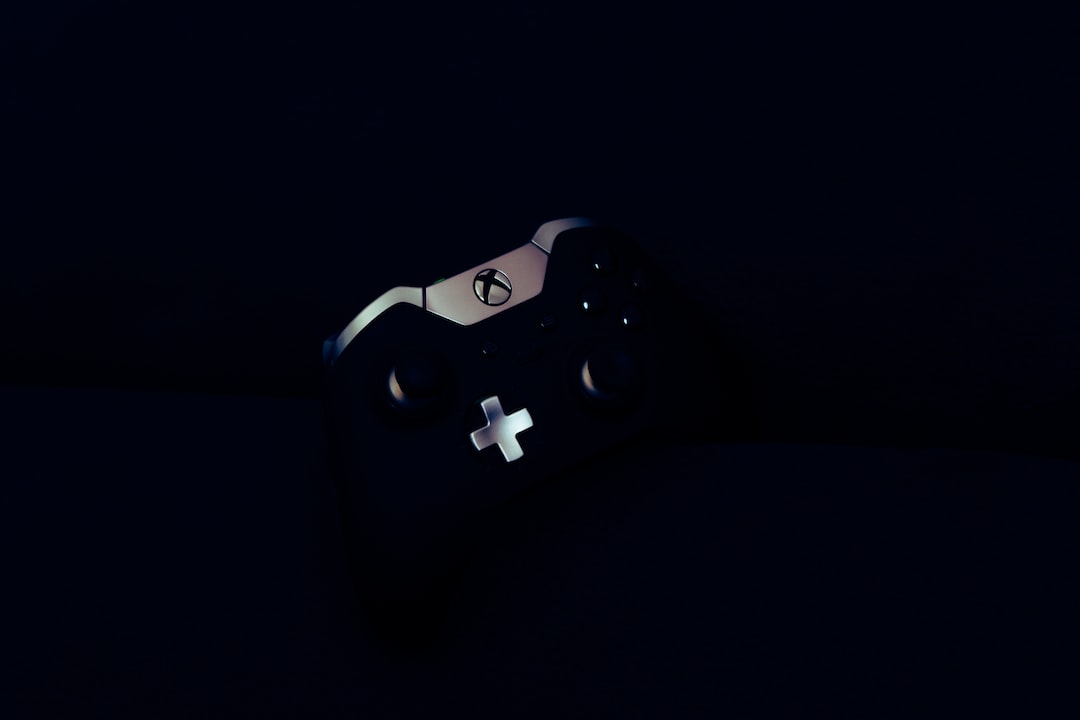
The Science of Competitive Gaming: Understanding eSports Performance
Share0The Science of Competitive Gaming: Understanding eSports Performance
Competitive gaming, also known as eSports, has taken the world by storm in recent years. With millions of viewers tuning in to watch professional gamers battle it out in tournaments, it’s clear that this form of entertainment has become a mainstream phenomenon. But what exactly goes into the performance of these eSports athletes? How do they achieve such high levels of skill and precision? The answer lies in the science behind it all.
One aspect of eSports performance is the cognitive abilities of the players. When playing a game, professional gamers must process a vast amount of information in real-time. They need to quickly analyze the game situation, make split-second decisions, and execute complex maneuvers. This requires exceptional cognitive skills such as attention, perception, memory, and problem-solving. Studies have shown that professional gamers have enhanced cognitive abilities compared to non-gamers, particularly in areas such as reaction time and spatial awareness.
In addition to cognitive abilities, physical fitness also plays a role in eSports performance. Contrary to popular belief, competitive gaming is not solely a sedentary activity. Players need to stay physically fit to maintain focus, endurance, and mental sharpness during long gaming sessions. Regular exercise improves cardiovascular health, increases blood flow to the brain, and enhances memory and concentration. Professional eSports teams often incorporate physical training into their practice routines, including workouts and stretching exercises, to optimize their performance.
Furthermore, sleep and nutrition are critical factors in eSports performance. Just like any other athlete, professional gamers need to prioritize their sleep to ensure optimal performance. Sleep deprivation can significantly impair cognitive function, reaction time, and decision-making abilities. Inadequate sleep can also lead to increased stress levels and decreased immune function, making players more susceptible to illness. Proper nutrition is also essential, as a well-balanced diet provides the necessary nutrients for brain health and energy production. eSports athletes often work with dietitians to develop meal plans that support their performance and recovery.
The use of technology is another aspect of eSports performance that cannot be ignored. Professional gamers rely on high-performance gaming equipment that is specifically designed for competitive play. This includes specialized keyboards, mice, and monitors that offer precision and responsiveness. Furthermore, players often customize their gaming setups to create an optimal environment for concentration and comfort. From the chair they sit in to the lighting in the room, every detail is taken into consideration to maximize performance.
Lastly, mental and emotional well-being are crucial in eSports performance. The intense nature of competitive gaming can take a toll on players’ mental health, leading to stress, anxiety, and burnout. Many eSports organizations now employ sports psychologists to help athletes manage their emotions, cope with pressure, and maintain a healthy mindset. Techniques such as visualization, mindfulness, and psychological skills training are commonly used to enhance performance and resilience.
In conclusion, the science behind eSports performance is a combination of cognitive abilities, physical fitness, sleep and nutrition, technology, and mental well-being. Professional gamers are not simply individuals who spend their days playing video games. They are highly skilled athletes who train and prepare just like any other sportsperson. Understanding the science behind competitive gaming can help us appreciate the dedication and hard work that goes into achieving success in this rapidly growing industry.
